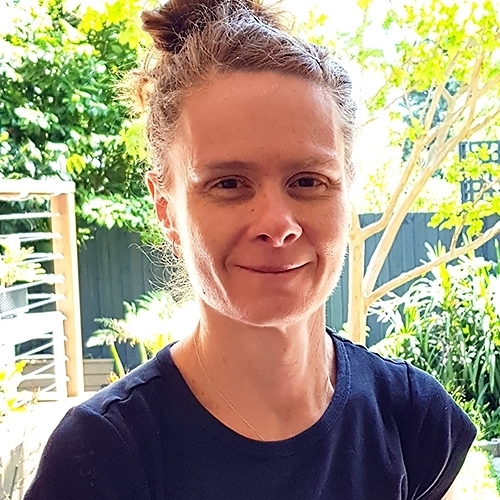 Breastfeeding Complications Online Course(s) & Continuing Education
Breastfeeding Complications Online Course(s) & Continuing Education
Access the latest clinical skills and research for Breastfeeding Complications for Lactation & Breastfeeding professional training. These Breastfeeding Complications online courses provide practice-changing skills and valuable perspectives from leading global experts. This Breastfeeding Complications education has been accredited for a variety of CEUs / CERPs and can be accessed on-demand, at your own pace.

The Effects of Stress On The Mother-Baby Dyad

Elissa is a passionate osteopath, business owner and mentor.
Elissa has worked as an Osteopath in private practice in Melbourne since graduating in 1998.
She started her own multidisciplinary clinic in 2002, combining osteopathy with, massage, naturopathy, kinesiology and counselling. In 2015 Elissa merged her business with a local podiatrist and started The Balwyn Health Hub.
She is well known for her treatment of children and pregnant women although her patient base also includes a strong focus for; the family unit, the elderly, performers, athletes and the chronically ill. Her special interest in osteopathic diagnostic reasoning often helps patients understand why chronic dysfunctions are not healing.
Elissa's passion for working with pregnant women, babies and children allows close professional relationships with lactation consultants, midwives and doulas which has led to her guest lecturing at a number of multidisciplinary conferences.
The stresses faced by each new mother will reflect her unique experience of conception, pregnancy and birth and these stresses can significantly influence the mother-baby bond. Even the most well researched birth plan can be subject to variations and complications that will inevitably put additional stress on the mother. Difficulty breastfeeding is often one of the first signs of stress on the mother-baby unit; it’s success or failure can drastically influence the early bonds made between the dyad. The neuroendocrine system has many ways of responding to these stresses and knowledgable manual therapists have an opportunity to support both the mother and baby towards optimal physiology.
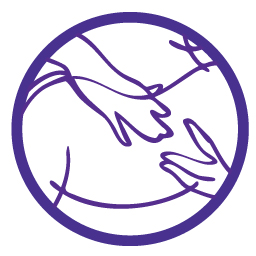
View Details / Enroll


Lucy is an International Board Certified Lactation Consultant (IBCLC) Holistic Sleep Coach (HSC), public speaker, and author on the topic of lactation. She is also a qualified counsellor, child and is qualified in child development and child psychology.
Lucy runs a small but thriving Private Practice based on the South Coast of the UK but sees clients internationally. As a single mother of two boys who were hard to breastfeed, and as someone with ADHD, Lucy truly understands the highs and lows of parenthood both for neurotypical families and those who may have additional challenges.
Lucy’s approach is strongly underpinned by the belief that parents are the only true expert on their child, and that parental instinct is rarely wrong. Lucy uses listening and counselling skills first and foremost in her work, and prides herself on striving to provide a safe and inclusive space for everyone.
Topic: When Baby Says No: Assessment and Management of Breast and Bottle Refusal - [View Abstract]
Breast or bottle refusal can be distressing for parents and present a significant challenge for professionals. There are many underlying reasons why infants may display feeding aversion. These are often multi-layered and typically include emotional as well as anatomical or physical difficulties. During this presentation we will consider the causes of both breast and bottle refusal, looking at how these may present under different circumstances. We will explore how refusal impacts the parent – infant relationship and maternal self-efficacy. Once we have a clear, holistic picture regarding the complexities of feeding aversion, we will look at ways to support the dyad to overcome their difficulties including through working with other professionals. For those parents who find they cannot overcome the challenges they face, we will look at ways to help them reframe the experience and shift feelings away from failure and towards success.

View Details / Enroll
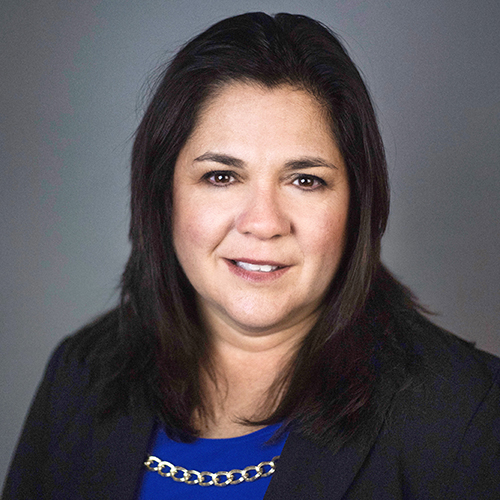
Where to Start: Creating a Lactation Care Plan for Complex Breastfeeding Cases

Annette Leary is a registered nurse with over 33 years of experience working in Maternal Child Health (pediatrics, postpartum, home health care and level 2 NICU). She became an IBCLC in 1995. She owns a private practice providing office, in home, and virtual visits at Orlando Lactation and Wellness. In 2022 she formed a collaborative company Baby B.L.I.S.S. : Central Florida Feeding Collaborative where she and her business partners help families prenatally, antepartum and post partum navigate the growth, development and feeding journey of their children. She began her craniosacral therapy training through the Upledger Institute in 2015, taking advanced maternal and pediatric specialty classes. Annette has found great improvement incorporating craniosacral therapy techniques with lactation consulting. Helping Families Latch onto Parenting has always been her mantra.
Topic: Where to Start: Creating a Lactation Care Plan for Complex Breastfeeding Cases - [View Abstract]
Designing a sustainable proposal of lactation care involves many components. The parents are the main leaders in constructing this plan. Family dynamics that include the physical, emotional and mental health of both parent and child make up the key layout. Setting client-centered goals, developing strategies, outlining tasks and setting up routines are important to accomplishing their personal goals. Families often seek a holistic integrative approach that includes personal goals, support networking, comfort, and collaborative resources that make up their action plan of care. This program will review several complex case studies and how the families designed their plan of care with the guidance and understanding of a team approach.
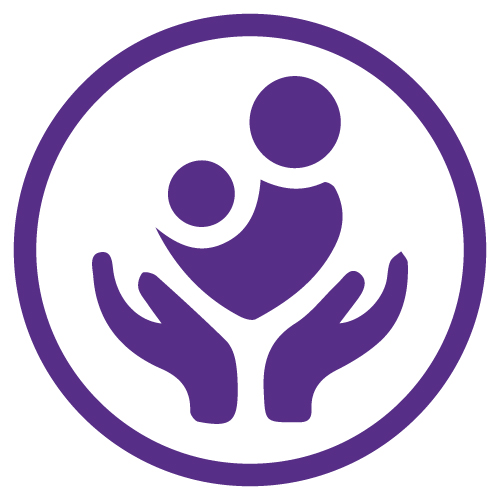
View Details / Enroll
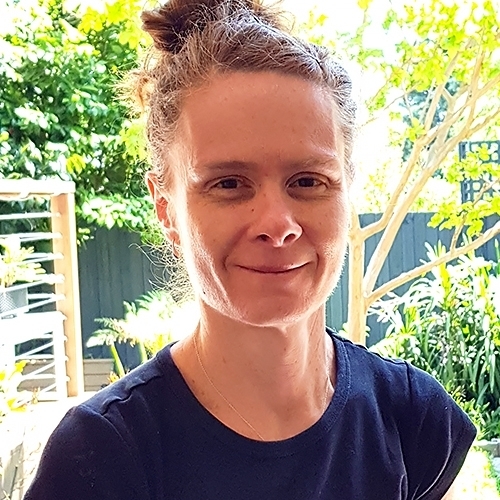
Yes You Can! Breastfeeding A Baby With Down Syndrome

Educator with the Australian Breastfeeding Association (ABA). She has a particular interest in breastfeeding and Down syndrome after her son was born with Down syndrome in 2014. Her journey of breastfeeding her son included a long inpatient hospitalization stay due to his treatment for cancer. She has worked in disability services for over 20 years including community learning disability nursing in the UK, supporting GPs to manage the heath needs of people with complex health conditions and intellectual disability, medical undergraduate education in intellectual disability and currently works in general practice as a Practice Disability Nurse. Heather facilitates Breastfeeding Education Classes to expectant parents, is a Trainer & Assessor in ABA’s training team and provides guidance and contributes to publications on breastfeeding a baby with Down syndrome.
As a health professional you may find yourself supporting a mother who is breastfeeding or requires support to breastfeed her baby with Down syndrome. Babies with Down syndrome can often have additional health needs, which may affect how successful they are with breastfeeding. Down syndrome or trisomy 21 is the most common genetic cause of intellectual disability for around 1 in 700 births worldwide. People with Down syndrome are not all the same but may have similar characteristic physical features, health and developmental challenges and some level of intellectual disability. Research has shown many benefits associated with breastfeeding a baby with Down syndrome. It contributes to establishing long term skill development, particularly with speech and feeding skills, as well as aiding brain growth. It also provides an opportunity for mother baby bonding during stressful periods after learning of their baby’s diagnosis. Regardless of these known benefits, some mothers may nevertheless be told their baby will not be able breastfeed. This presentation will explore some of the common challenges mothers may face when breastfeeding a baby with Down syndrome and tips on how to address these for the mother and baby. The material presented will also assist health professionals to support mothers with babies who may have similar health/developmental needs.






